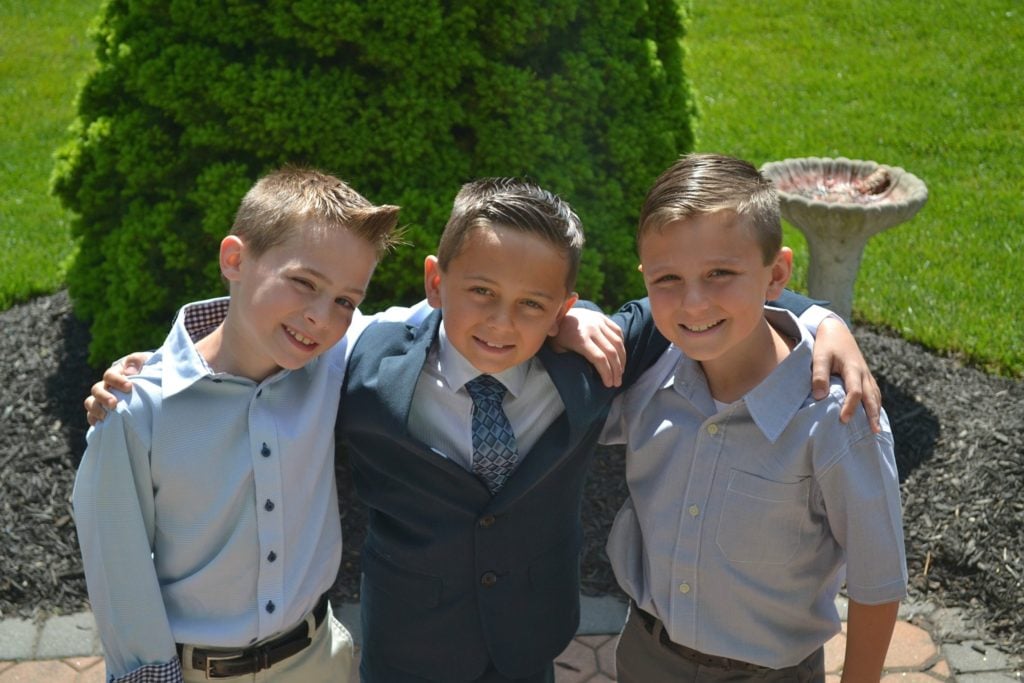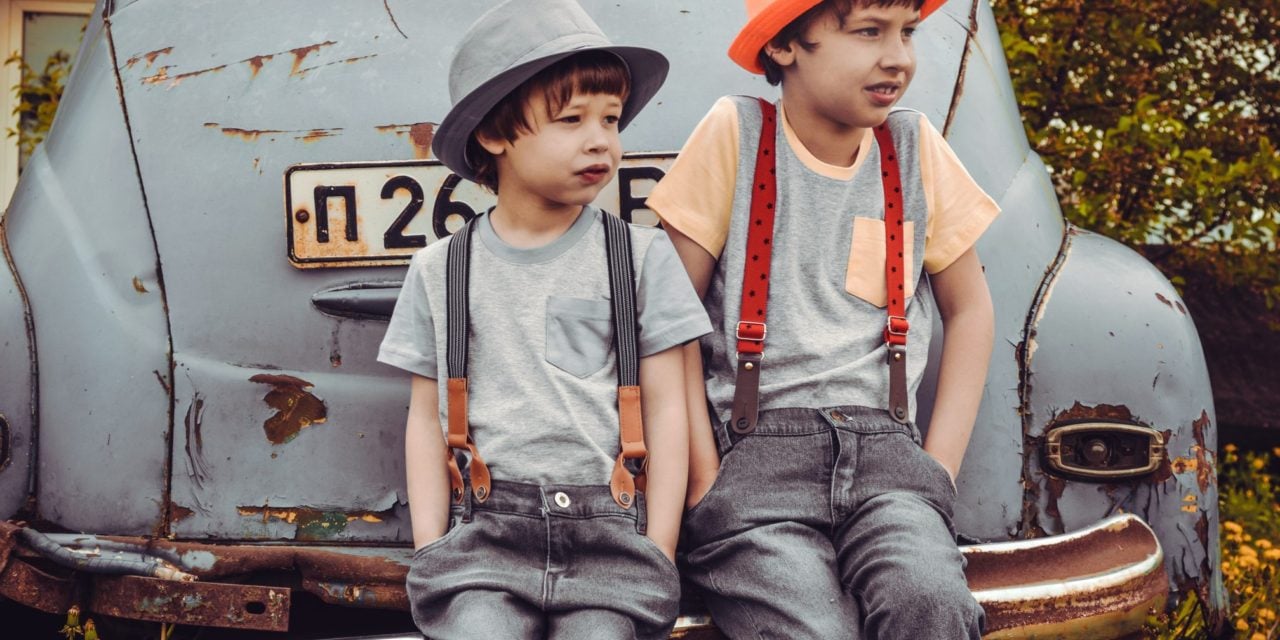‘Gentlemen’ is an old-fashioned word, however, when it is broken down, to ‘gentle-men’ we are reminded of its value. In this article, we look at how to raise a boy to be a gentleman.
There are so many parenting books out there about how to bring up boys so that they become good men. The market is fed by a media focussed on ‘toxic masculinity’, male violence and horror stories from the #MeToo movement. It is little wonder we are searching for an answer to the question, how do we raise gentle men?
Mr Nathan Jessup is Deputy Head at Wesley College in Perth. He has worked in boys’ education for 12 years. Mr Jessup believes that good men evolve, they are not constructed. The role of schools and parents is to provide the role models, the time and the space required to help our boys become gentlemen.
What is a gentleman?
‘Gentlemen’ is an old-fashioned word, however, when it is broken down, to ‘gentle-men’ we are reminded of its value. Mr Jessup believes that it takes a long time to become a gentleman, “You grow into a gentleman as a result of a range of pivotal, authentic, life experiences. A gentleman is a combination of all the good people a man has known and the experiences he has had. It’s about taking the good from life and living it. We know a gentleman when we meet him. His existence reflects his essence.”
There is a risk that in trying too hard to actively teach boys to be gentlemen we are looking at children through an adult lens and expecting adult understandings and behaviours. When we rush development in this way we increase the level of stress our children experience and we overwhelm them. This impacts their natural learning. Natural learning comes from creating the right environment and influences.

How do boys learn to be gentlemen?
Mr Jessup identifies a few key factors in the evolution of a gentleman:
Our time
When your children look back on life they will remember whether or not you were present. Children need quality time but they also need large quantities of time. You don’t have to be doing anything special. Mr Jessup remembers fishing with his Pop. “We might sit there for three hours and not catch a fish. There didn’t have to be much speaking but there was presence and connection. Unspoken connection.” It is the connection that gives boys a strong sense of themselves as well as their relationship with others.
Role models
Boys need male role models. Obviously, a father is the most important male figure in a child’s life and, it goes without saying, he must step up to meet that privilege. In addition to fathers, boys need lots of different grown men in their lives to show them the different versions of being a good man. This is especially important at a time when we have higher rates of family breakdown and high mobility which means extended family are less often present and influential.
At their core, these role models need to be decent. Decency is kindness. It’s doing the right thing without the expectation of getting something back, doing things because you believe them to be right. It also means accountability, taking ownership of one’s own actions and their consequences. Mr Jessup believes that lack of proximal exposure to decent men can have a developmental impact on children.
The rapid decline in the number of male primary school teachers is problematic. These men used to provide role models outside of the home for children. It is a shame that these days, children see so few men in this highly relational profession.
Our lack of male teachers means that other male role models have taken on greater importance. Uncles, older cousins, sports coaches, family friends and neighbours are often in a child’s life over a series of years and can have a strong impact. It’s important that they appreciate the power of the position they hold and the positive effect they can have.

All children need free-flowing, unscheduled time to be children.
Experiences
All children need free-flowing, unscheduled time to be children. We can’t bypass play in order to turn kids into good little adults ahead of their time. In play, they develop self-awareness and they learn about relationships and risk. Mr Jessup believes, “Risk is not a bad thing. It teaches the ability to assess a situation on your feet and make good decisions that allow you to fully experience a moment, activity or event”. Gentlemen make decisions that are good for themselves and others.
Healthy risk-taking at Wesley College is promoted across the curriculum, but particularly in Outdoor Learning and the Katitjin program. Katitjin means, “to listen and to learn’ in Nyoongar language. In this term-long program, all Year 8s are given extensive time for authentic, challenging, ‘outside the school gate’ experiences. Our kids need more of these growth opportunities and less scheduling to facilitate their natural development into gentlemen.
Acceptance
In the past, there was a singular version of what it meant to be a man. Look at advertisements from the 70s or 80s and you will see the dominance of a macho, physical version of men. Today, there is a myriad of representations of masculinity. It is now so much more common for men to be presented as emotionally intelligent, relational and creative. This array of versions of manhood is varied and less stereotypical, so all boys should find acceptance more readily.
As parents and educators, we need to be accepting of many types of behaviour and self-expression in our children. Mr Jessup advises that we don’t shy away from allowing boys to express their masculinity in all of its forms. We are all more than just one thing. We can be gentle and boisterous. He says, “Boisterous expressions of masculinity can sometimes be seen as boys acting out and there is sometimes a fine line. But ‘rough and tumble’ is okay.” We don’t want to squeeze the tenderness out of our boys, but we equally don’t want to diminish their healthy physical play.
Finally…
Ultimately, it is our job as parents and educators to accompany children on their journey to adulthood. We have the privilege of guiding, offering counsel and asking the right questions, but we can’t force kids to be who we want them to be. It just doesn’t work that way.
If you want a boy to be a gentle-man, expose him to lots of gentlemen from all different walks of life. Give him space and opportunity to meet challenges independently and most importantly, treat him with the decency, kindness and accountability you want him to show others. And when you, or he, make a mistake, it’s okay. This is a long-term project.
Linda would love to meet you on her Facebook page here






